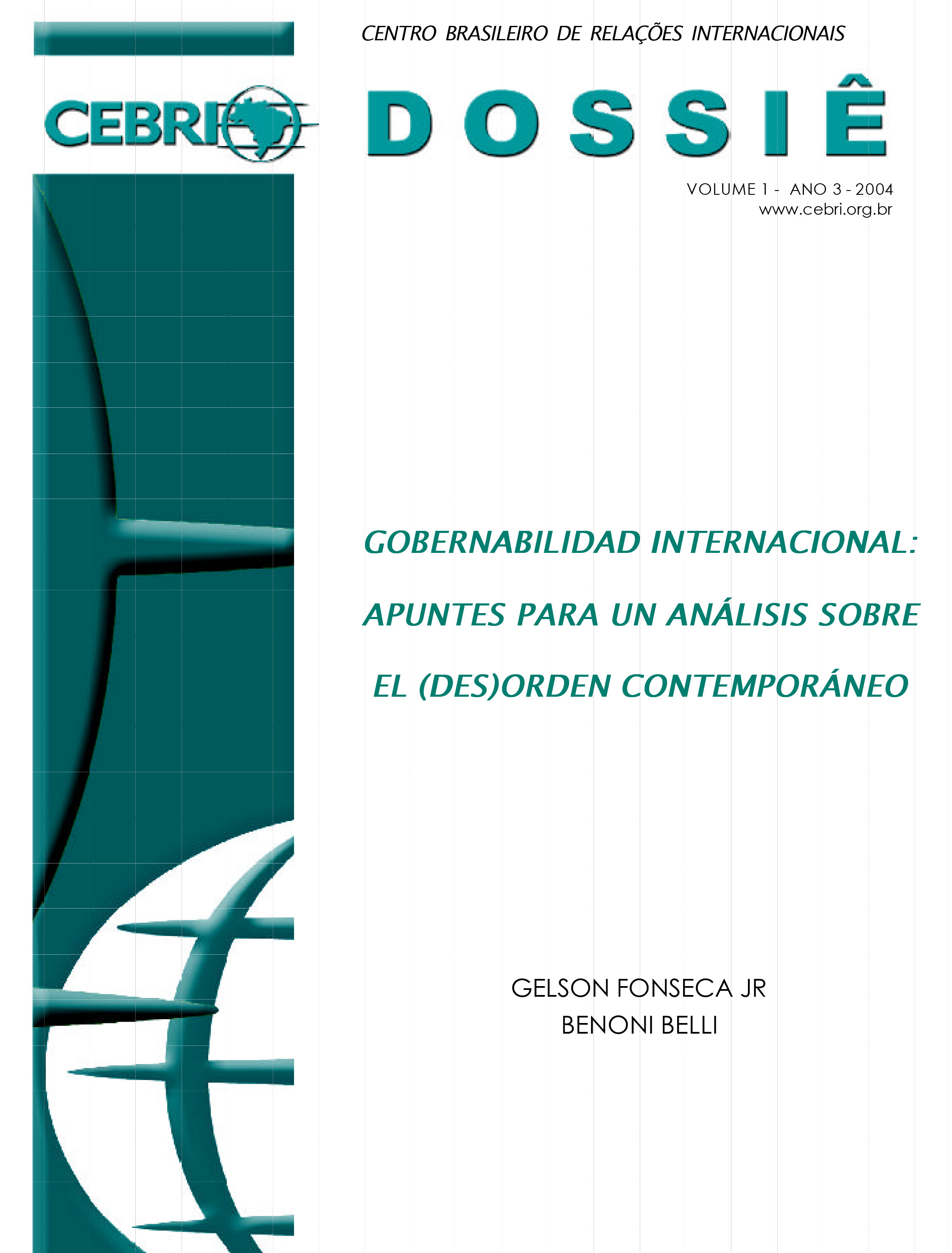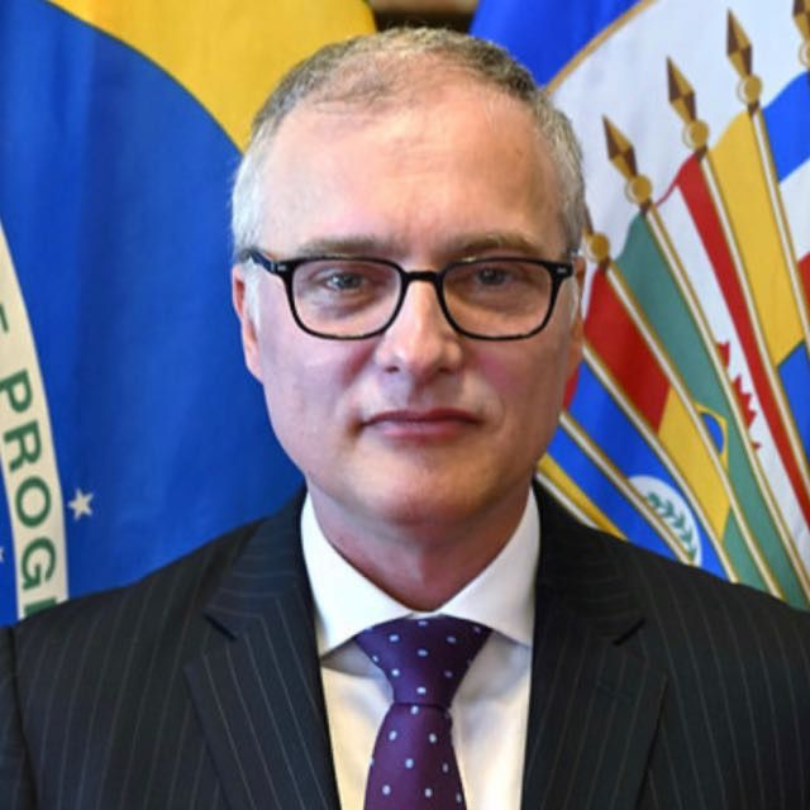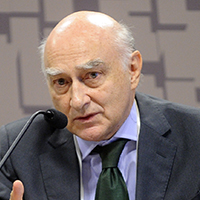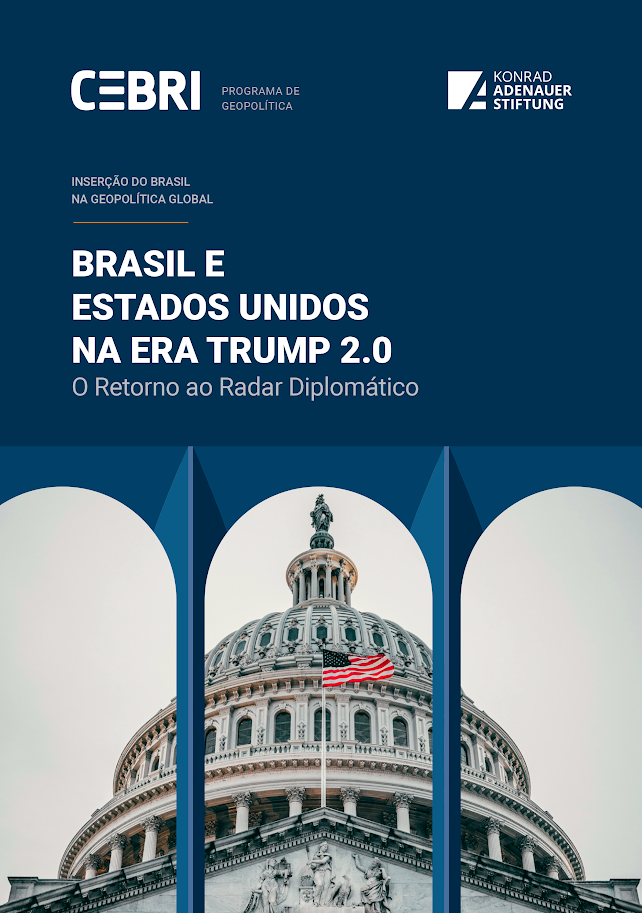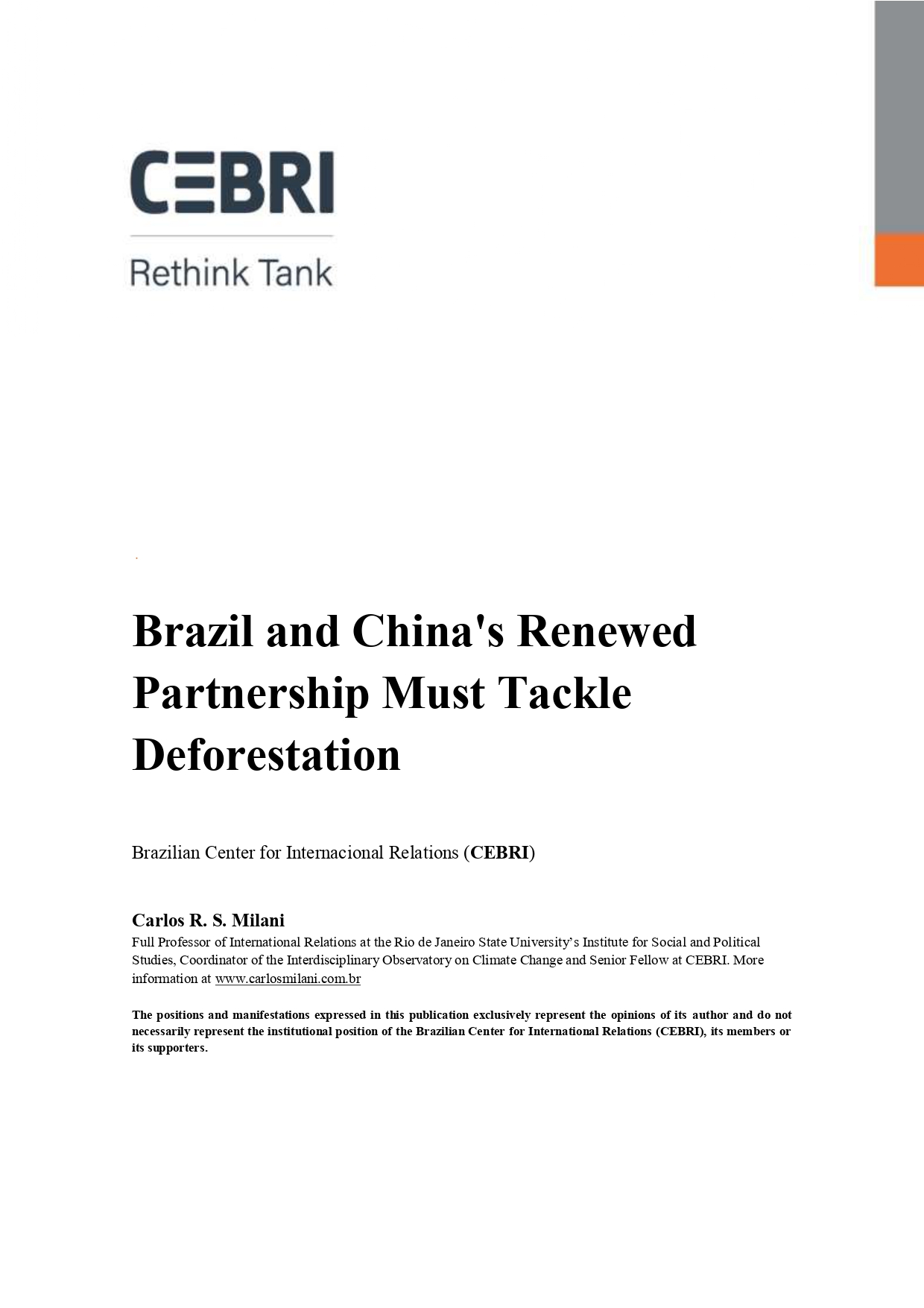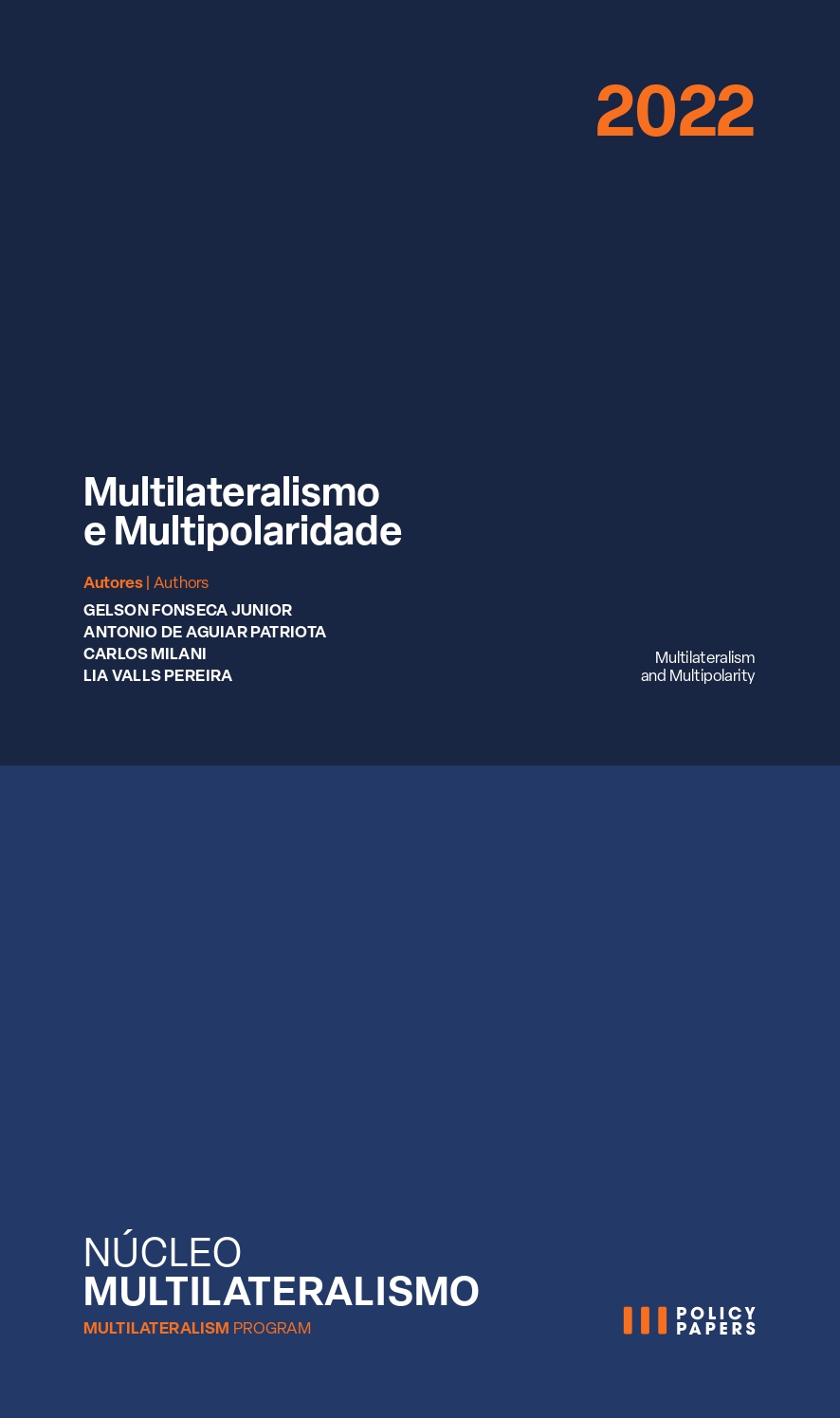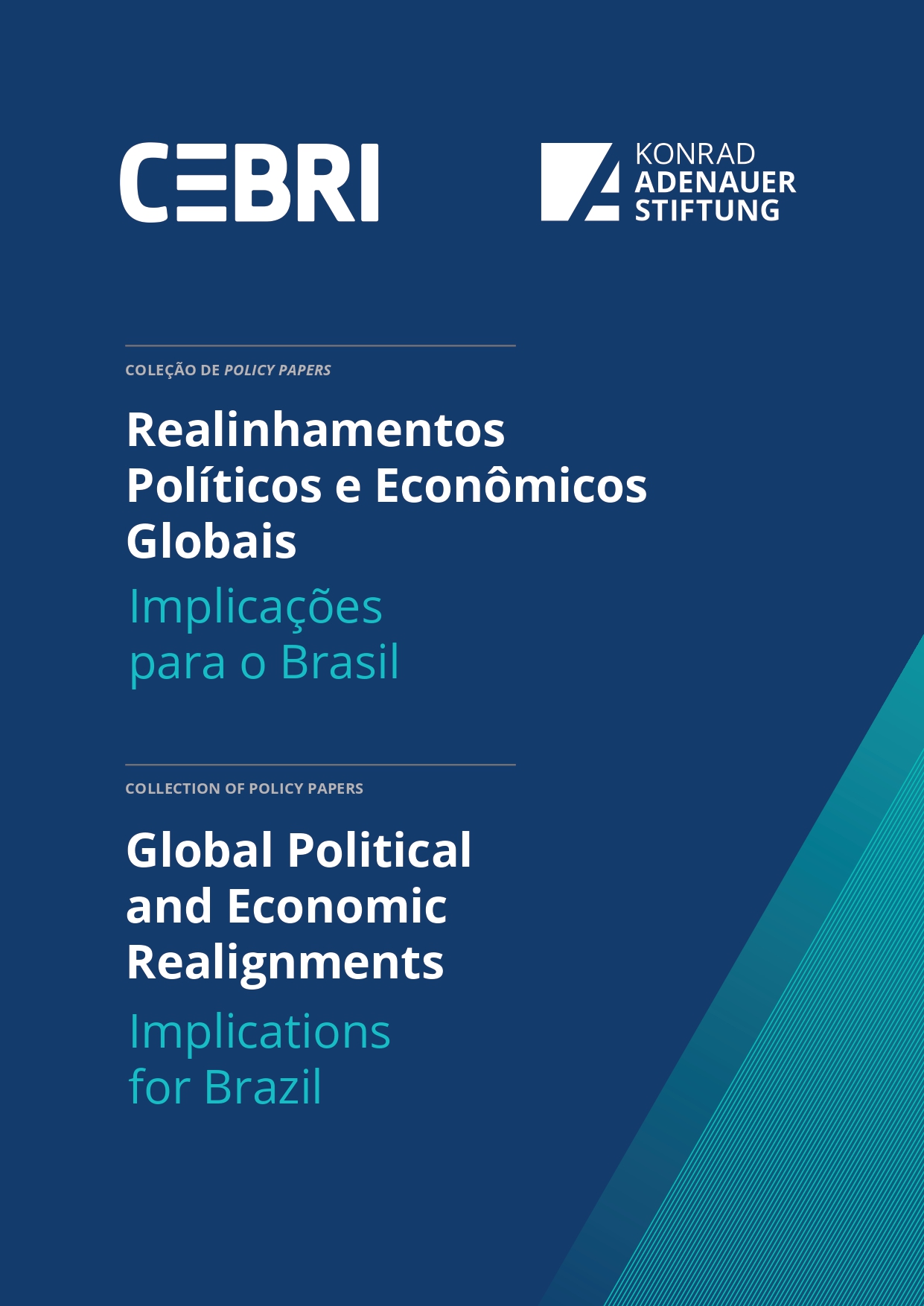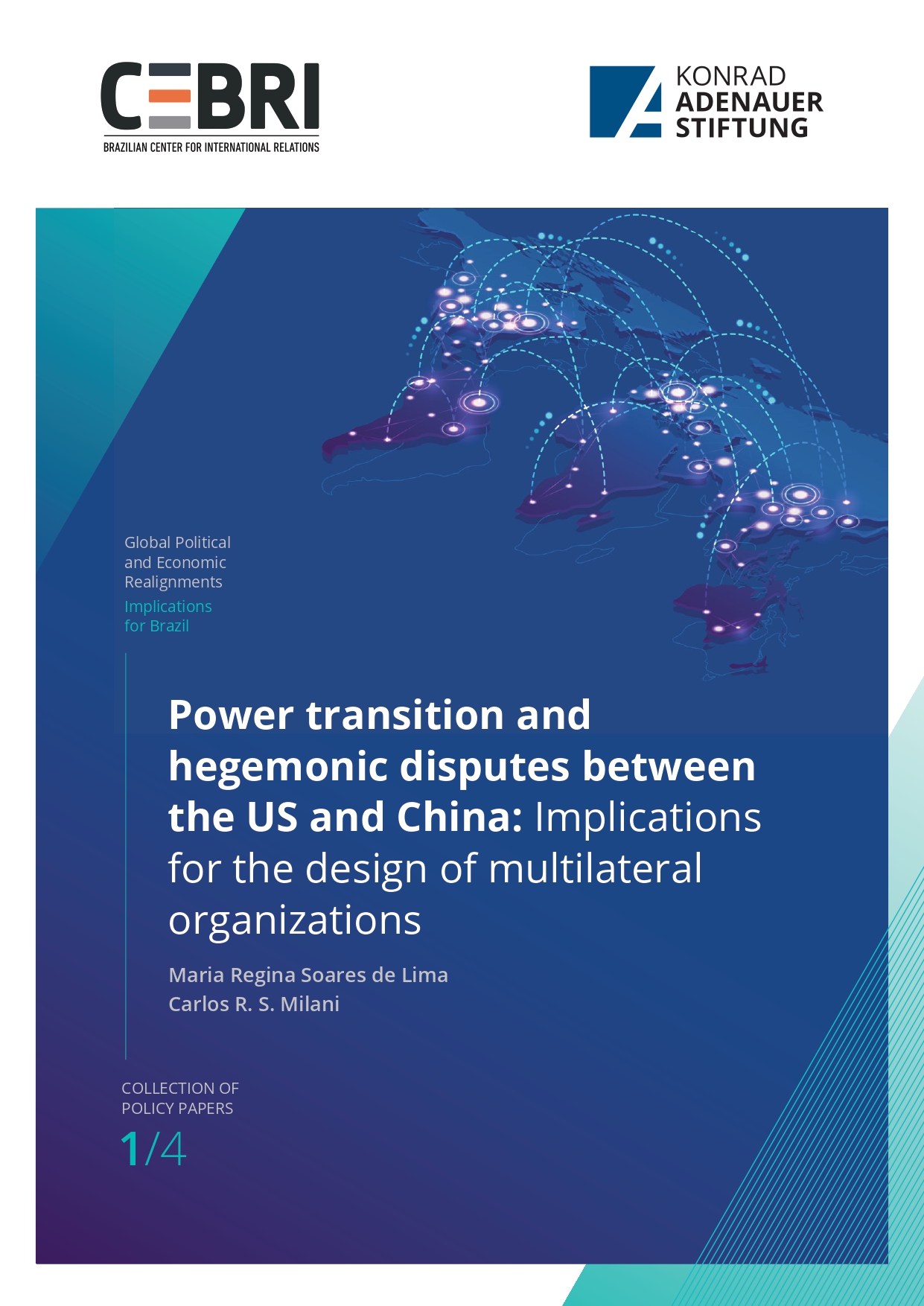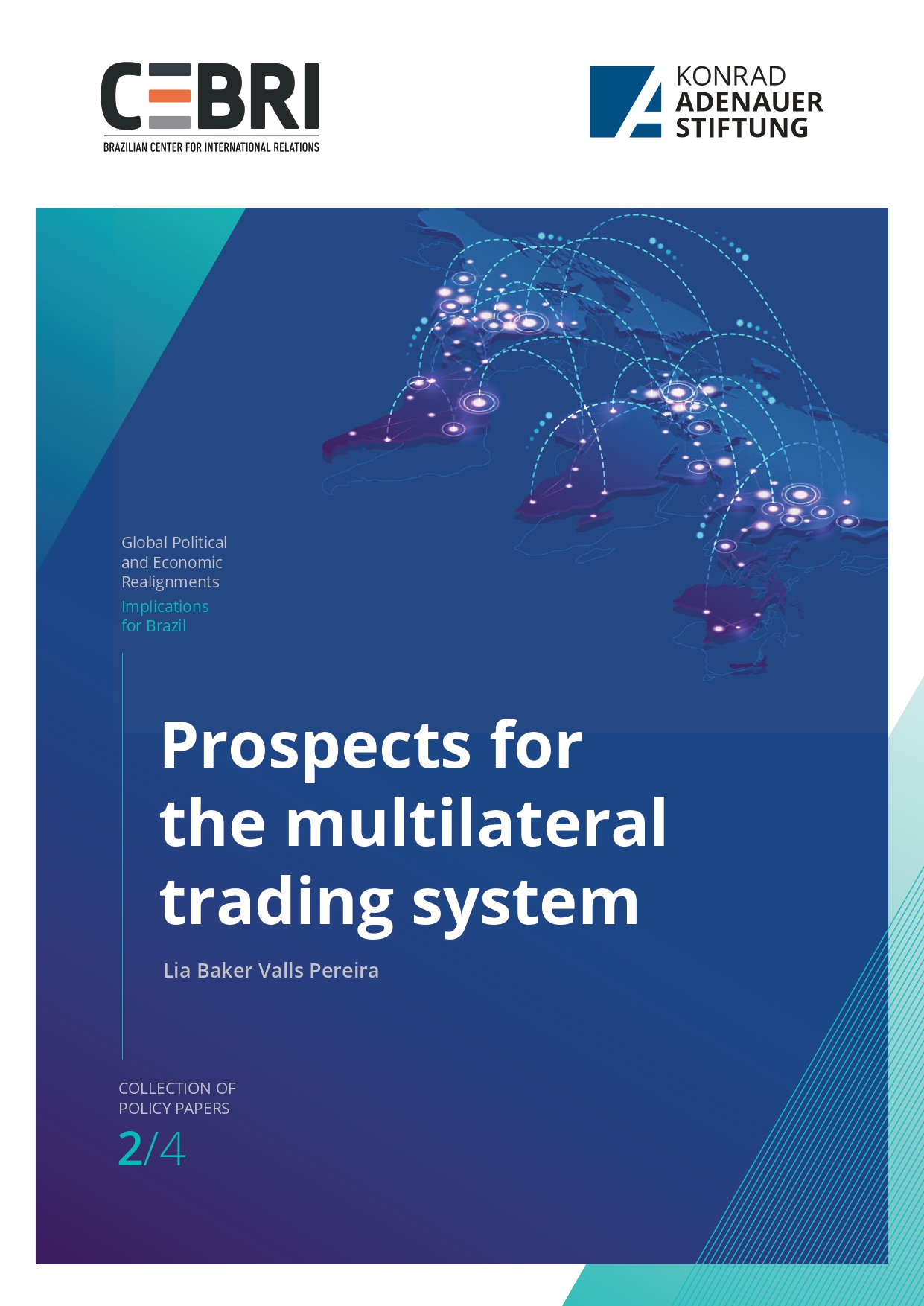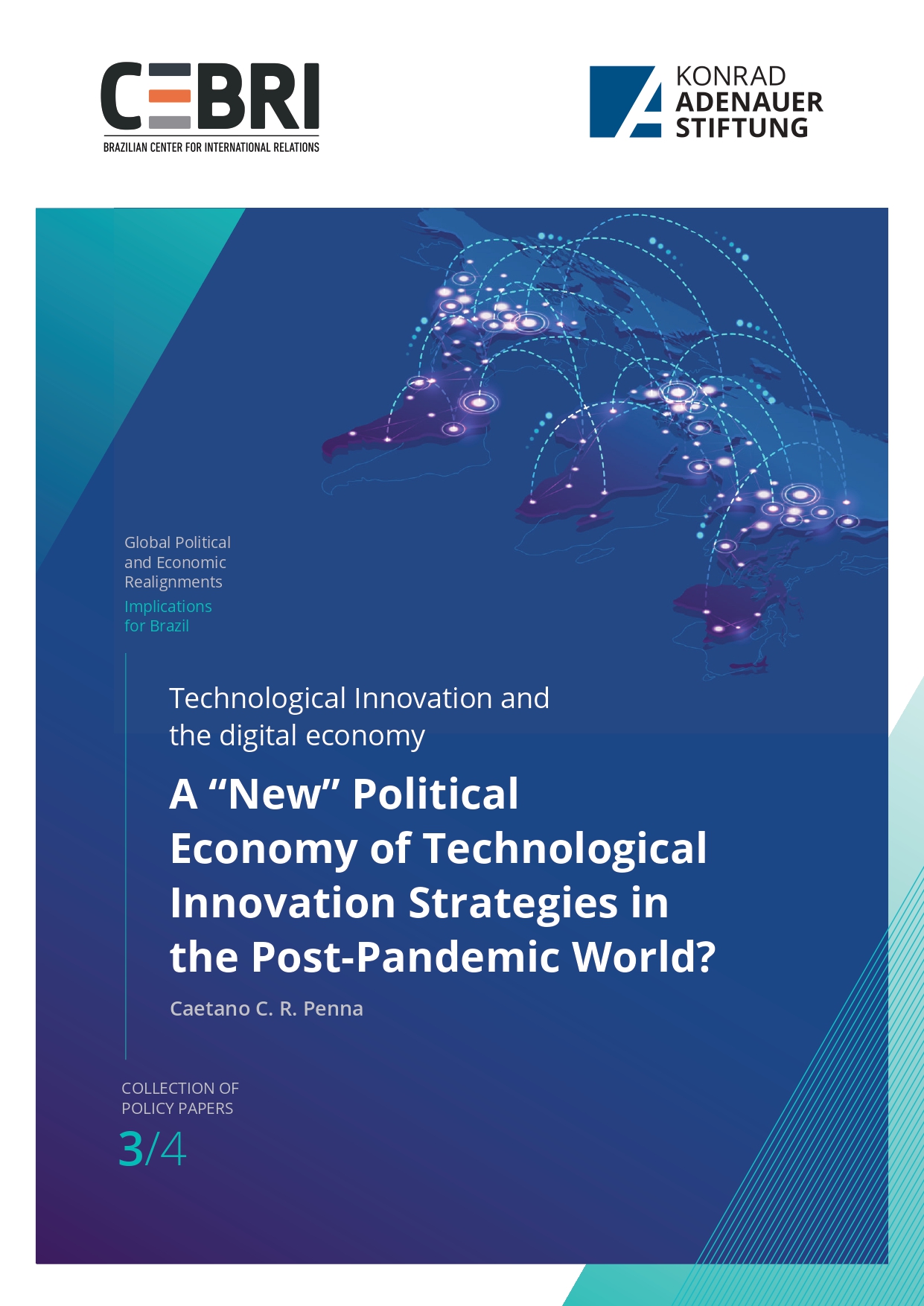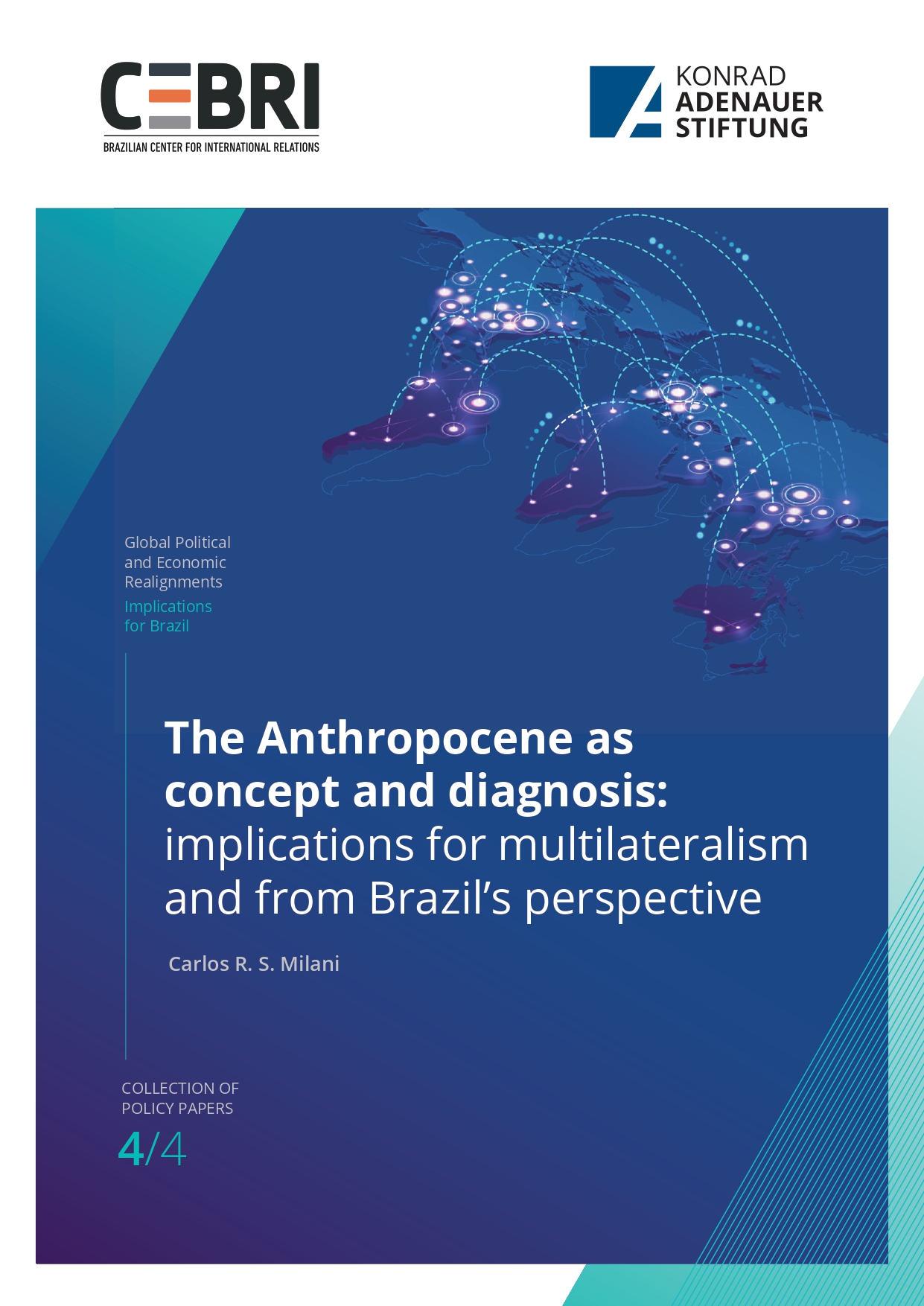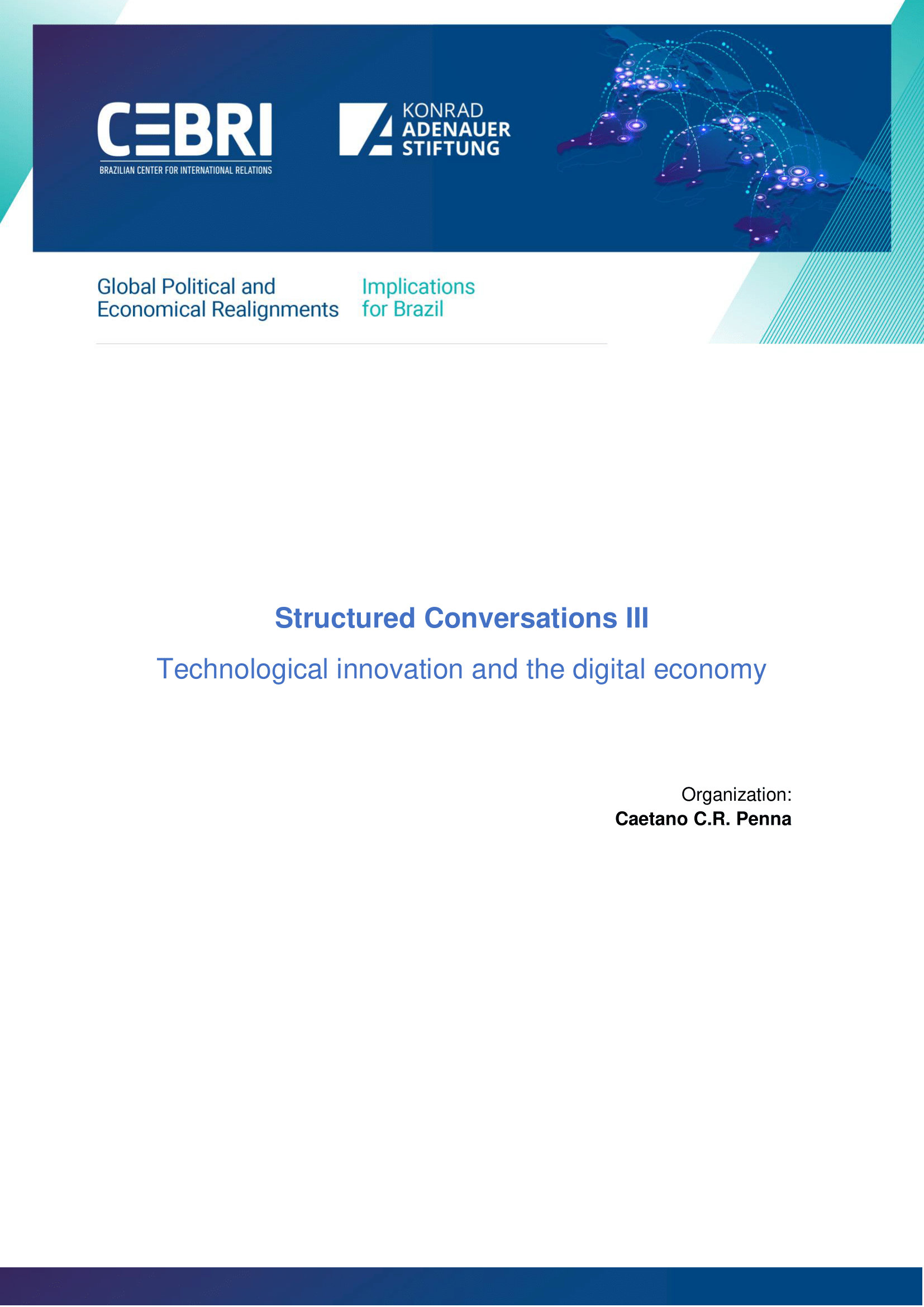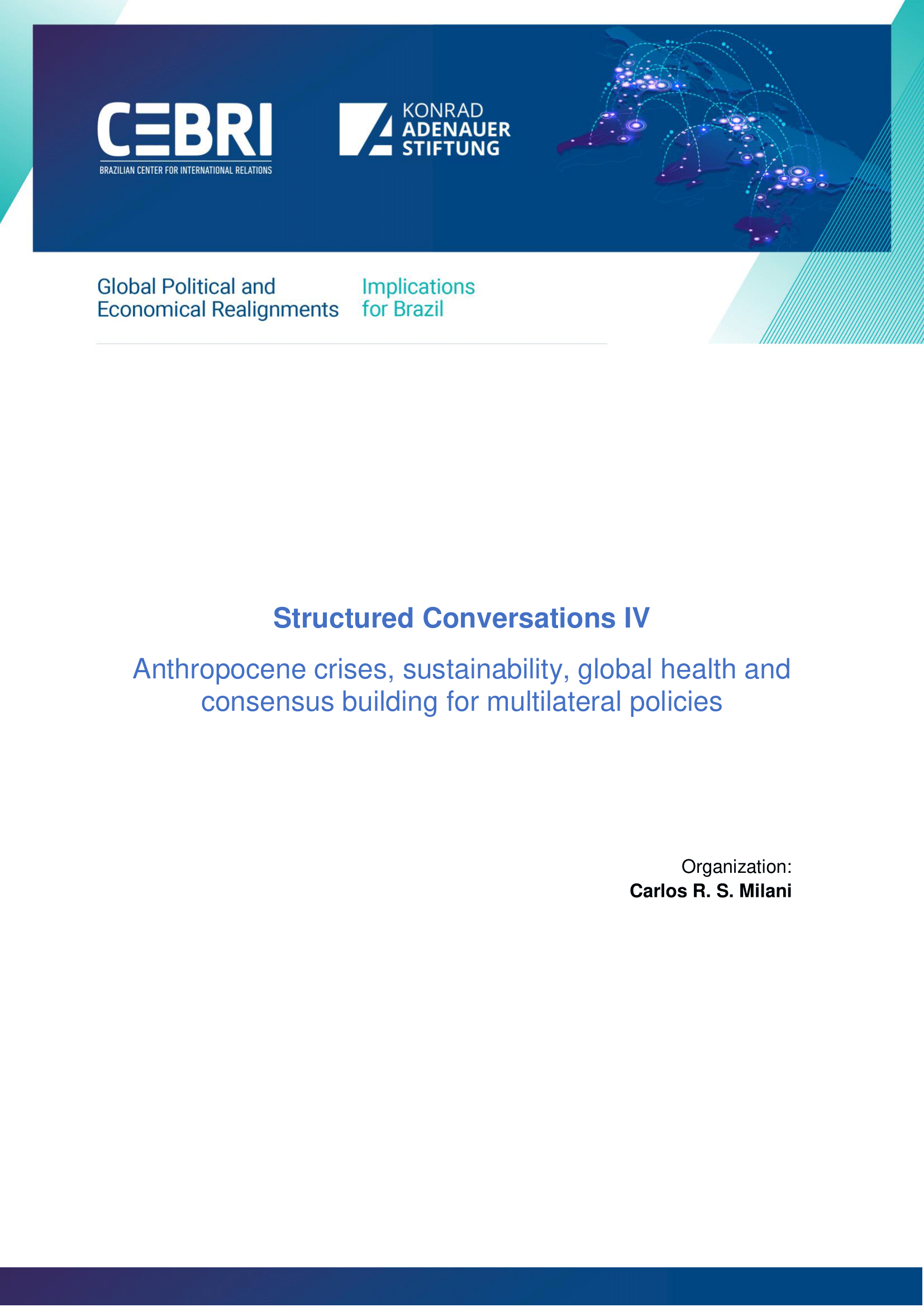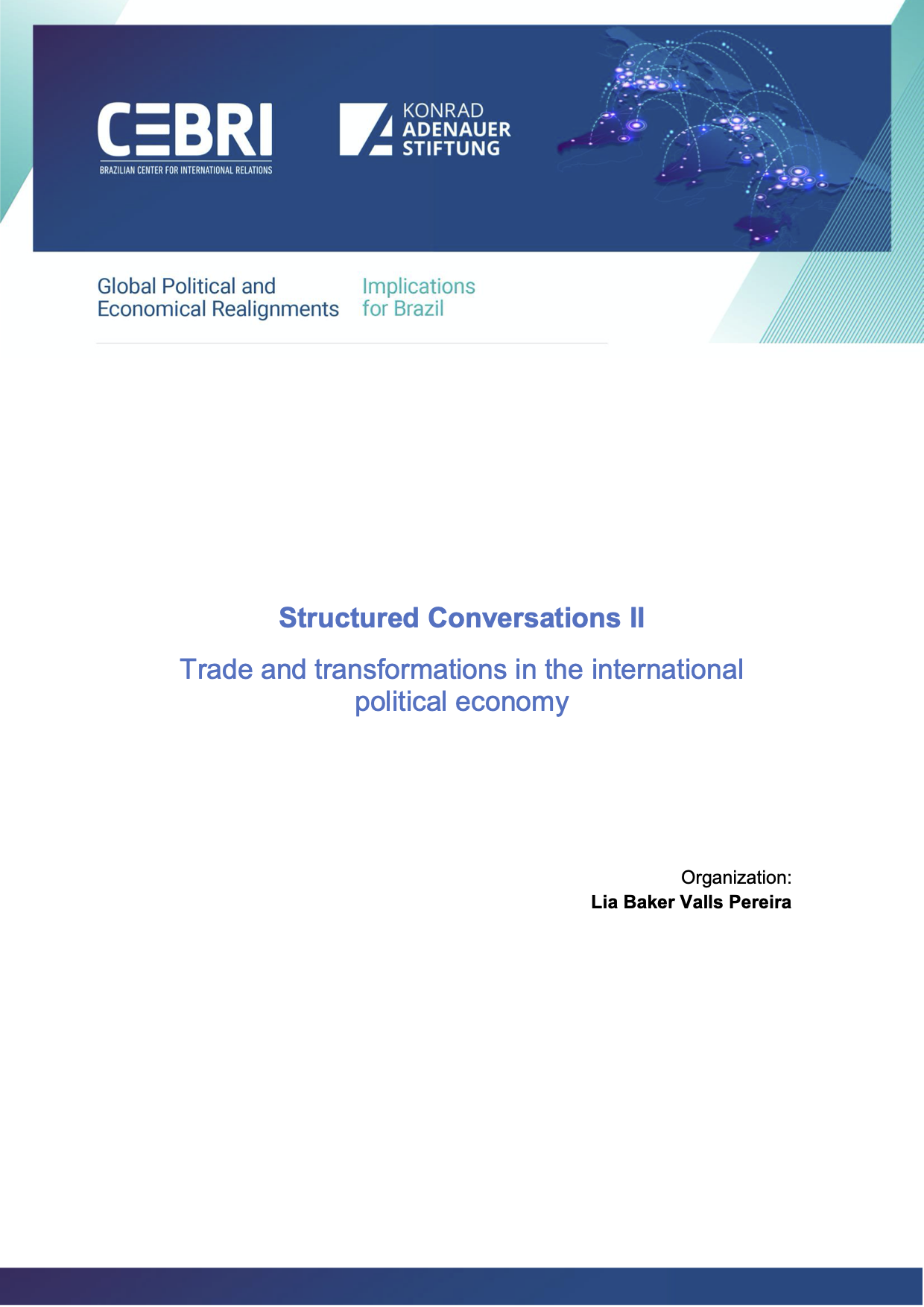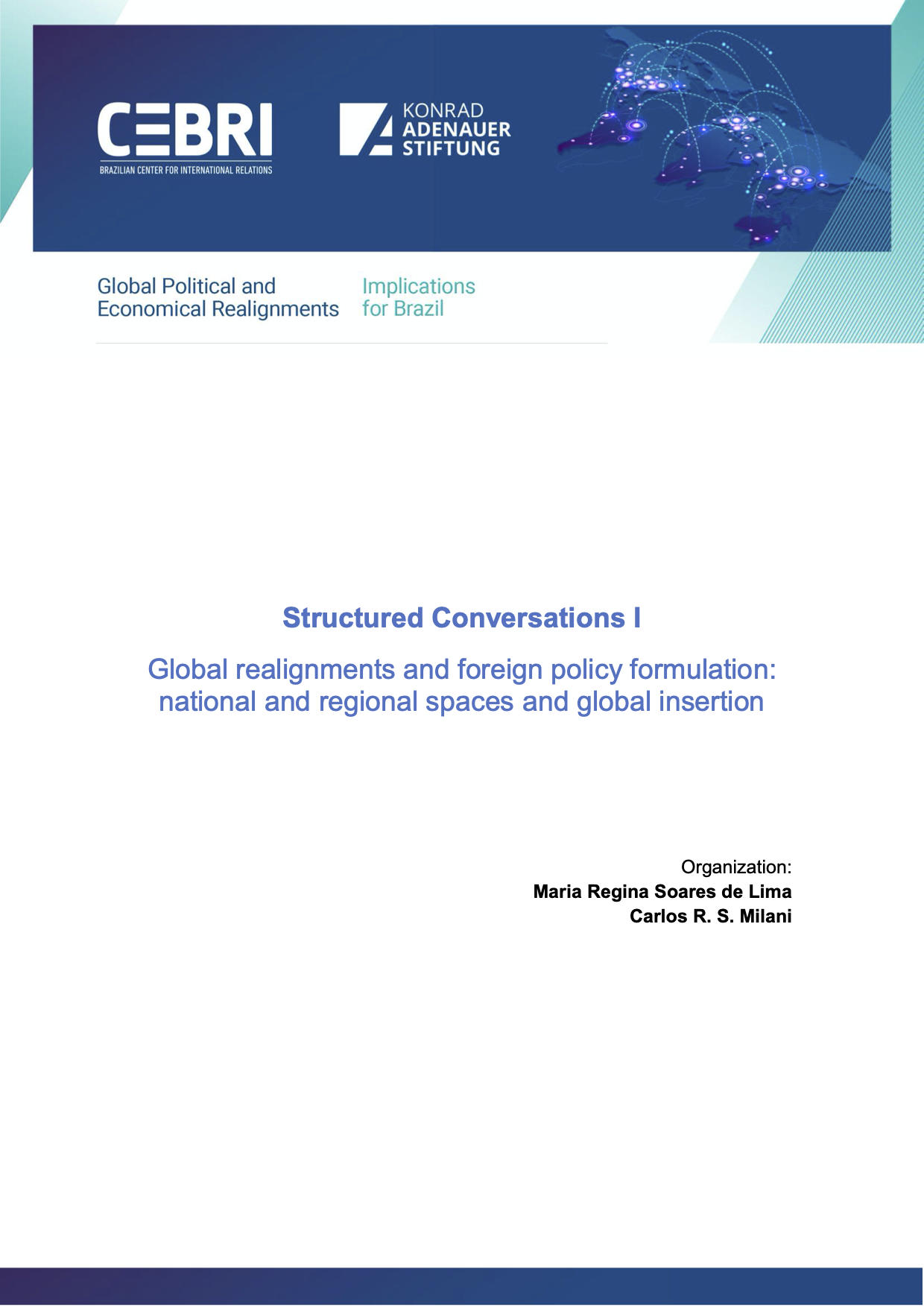CEBRI Dossiers
Gobernabilidad Internacional: apuntes para un análises sobre el (des)ordem contemporáneo
- Multilateralism
- 24 august 2004
Overcoming the Cold War, despite initial enthusiasm, did not make way for a more organized and predictable world. With the end of the ideological conflict, it was imagined that multilateral institutions would be strengthened as more effective instruments to reach democratic and participatory solutions, both for the classic agenda and for the new problems generated by globalization. But, in fact, some successes were mixed with resounding failures, which contributed to the feeling of uncertainty about the future of the international system.
Read the CEBRI Dossier "Gobernabilidad Internacional: apuntes para un análises sobre el (des)ordem contemporáneo" by Ambassador Gelson Fonseca Jr. and diplomat Benoni Belli.
Overcoming the Cold War, despite initial enthusiasm, did not make way for a more organized and predictable world. With the end of the ideological conflict, it was imagined that multilateral institutions would be strengthened as more effective instruments to reach democratic and participatory solutions, both for the classic agenda and for the new problems generated by globalization. But, in fact, some successes were mixed with resounding failures, which contributed to the feeling of uncertainty about the future of the international system.
Read the CEBRI Dossier "Gobernabilidad Internacional: apuntes para un análises sobre el (des)ordem contemporáneo" by Ambassador Gelson Fonseca Jr. and diplomat Benoni Belli.
